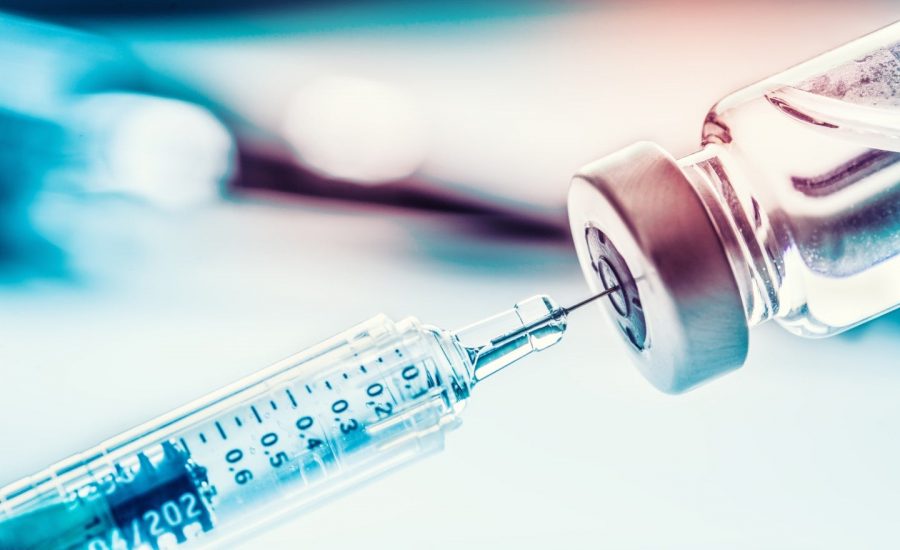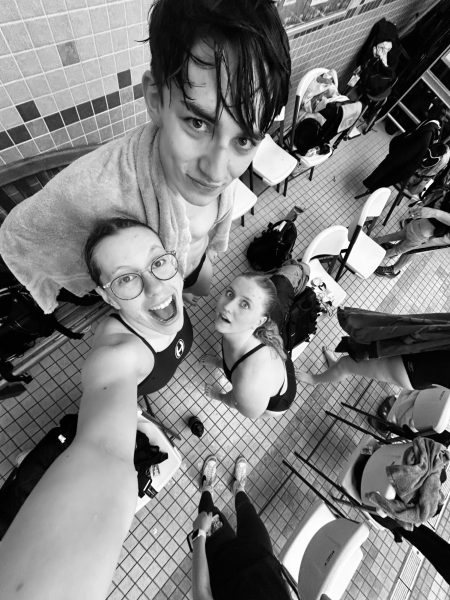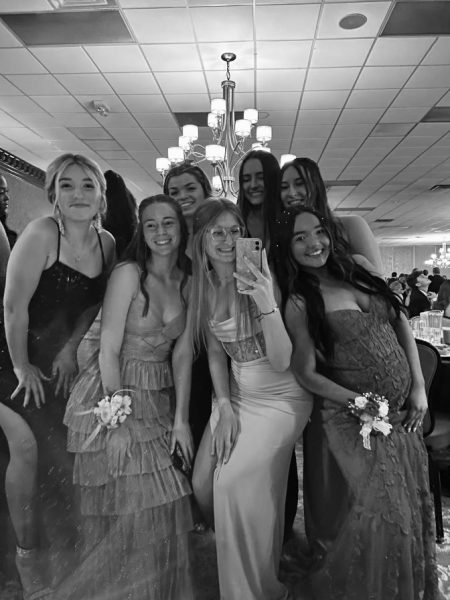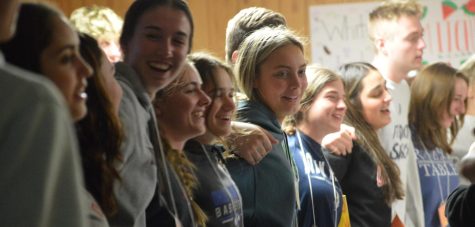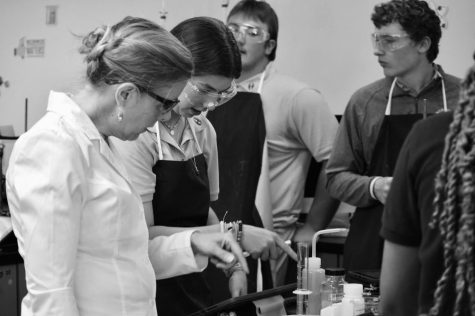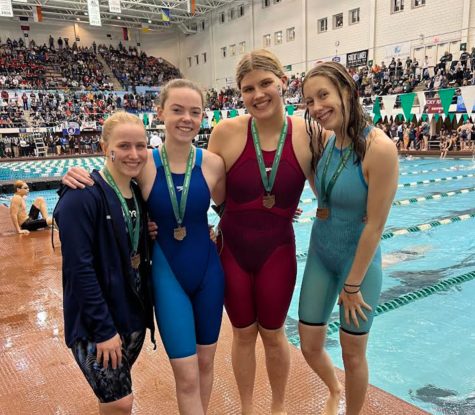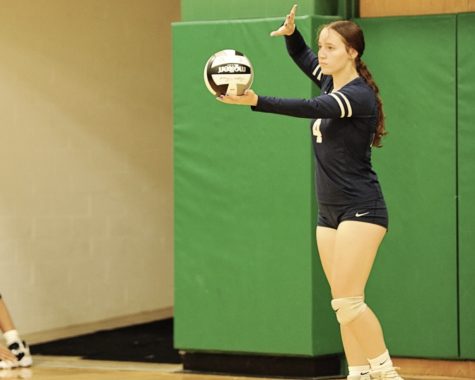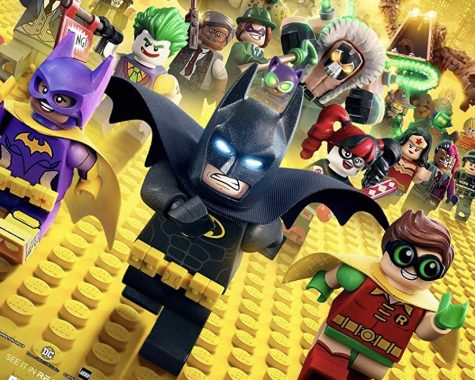COVID-19 has changed how the world approaches scientific discovery
Competition is the human way and science has always been a prime example of this. All scientists want to be the one with the big discovery, so, naturally, they keep their work fairly private while in the midst of experimenting. However, now, for the first time in history, everyone is sharing.
Scientists have turned a new leaf and have come together to fight COVID-19. Before the pandemic, new discoveries were kept secret until the experimentation was complete. Now, new findings are shared daily. All scientists are coming together to reach their common goal.
“Big, exclusive research can lead to grants, promotions and tenure, so scientists often work in secret, suspiciously hoarding data from potential competitors,” said Dr. Ryan Carroll, a Harvard Medical professor involved in the coronavirus trials. “The ability to work collaboratively, setting aside your personal academic progress, is occurring right now because it’s a matter of survival.”
A new era of science has emerged. Similar to all current events, this new era of collaboration is unprecedented. The closest comparison was the peak of the AIDs epidemic in the 1990s. Many scientists tried to join forces, but a significant technology lack hindered the collaborations. With current technology, information can be shared around the globe in minutes and discoveries are no longer kept private.
Researchers, fearing for the lives of their loved ones and their own, are determined to find the vaccine quickly. All hands are on deck. China and Italy are working with the Massachusetts General Hospital to test inhaled nitric oxide on coronavirus patients. Labs in Pittsburgh are collaborating with Paris and Austrian drug companies.
About two months ago, our world gained an enemy and it hits home for everyone. Scientists have a new motivation.
“The hot zone is no longer an impoverished village in the developing world,” the New York Times said. “It is their hometowns.”
This new era has taken over science and it will most likely last long after the emergency has passed.
“Of course there are people in competition—this is the human condition,” said Dr. Yazdan Yazdanpanah, Director of Infectious Disease at Inserm in France. “What is important is to come up with a solution for everyone. The way to achieve that is to collaborate.”
